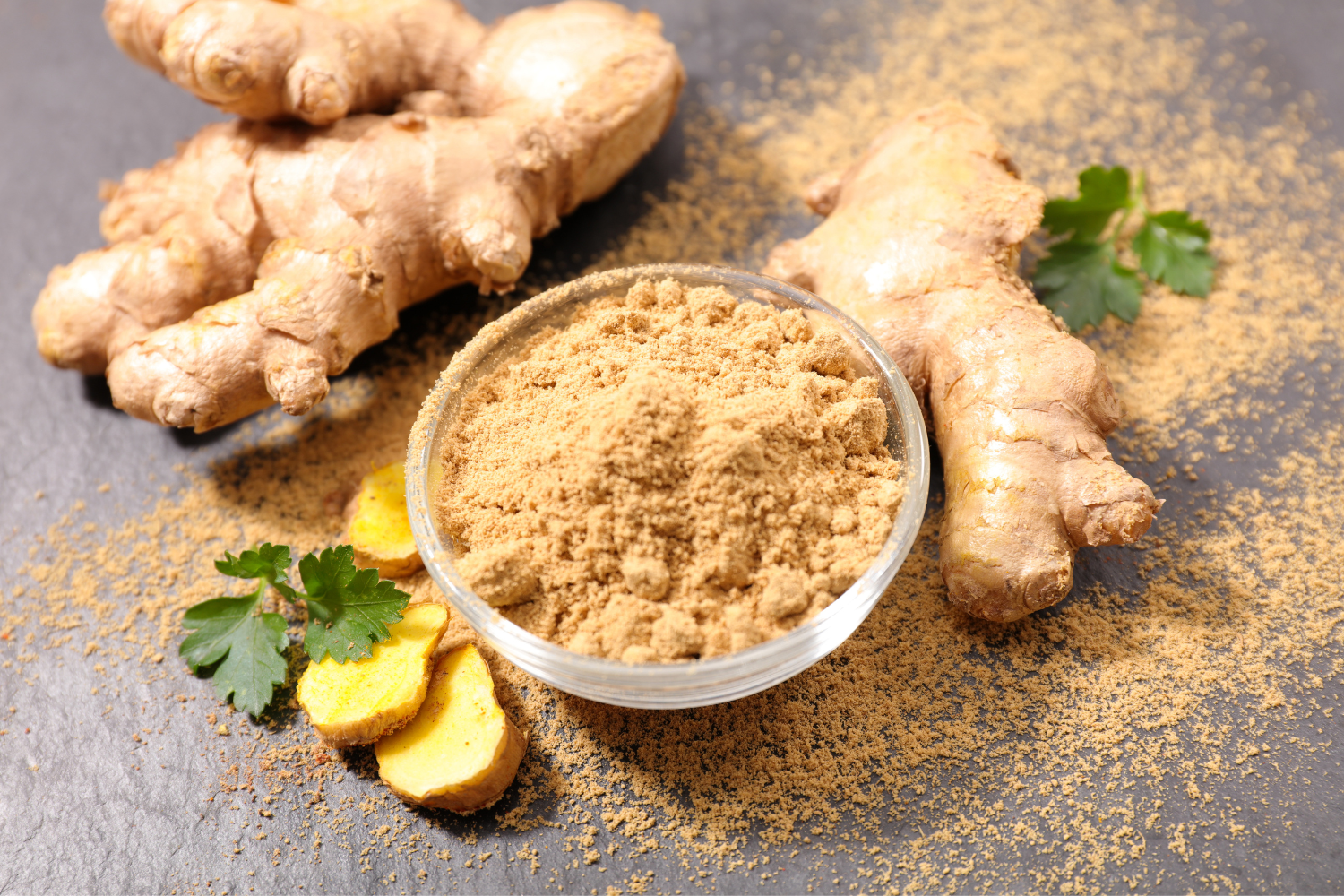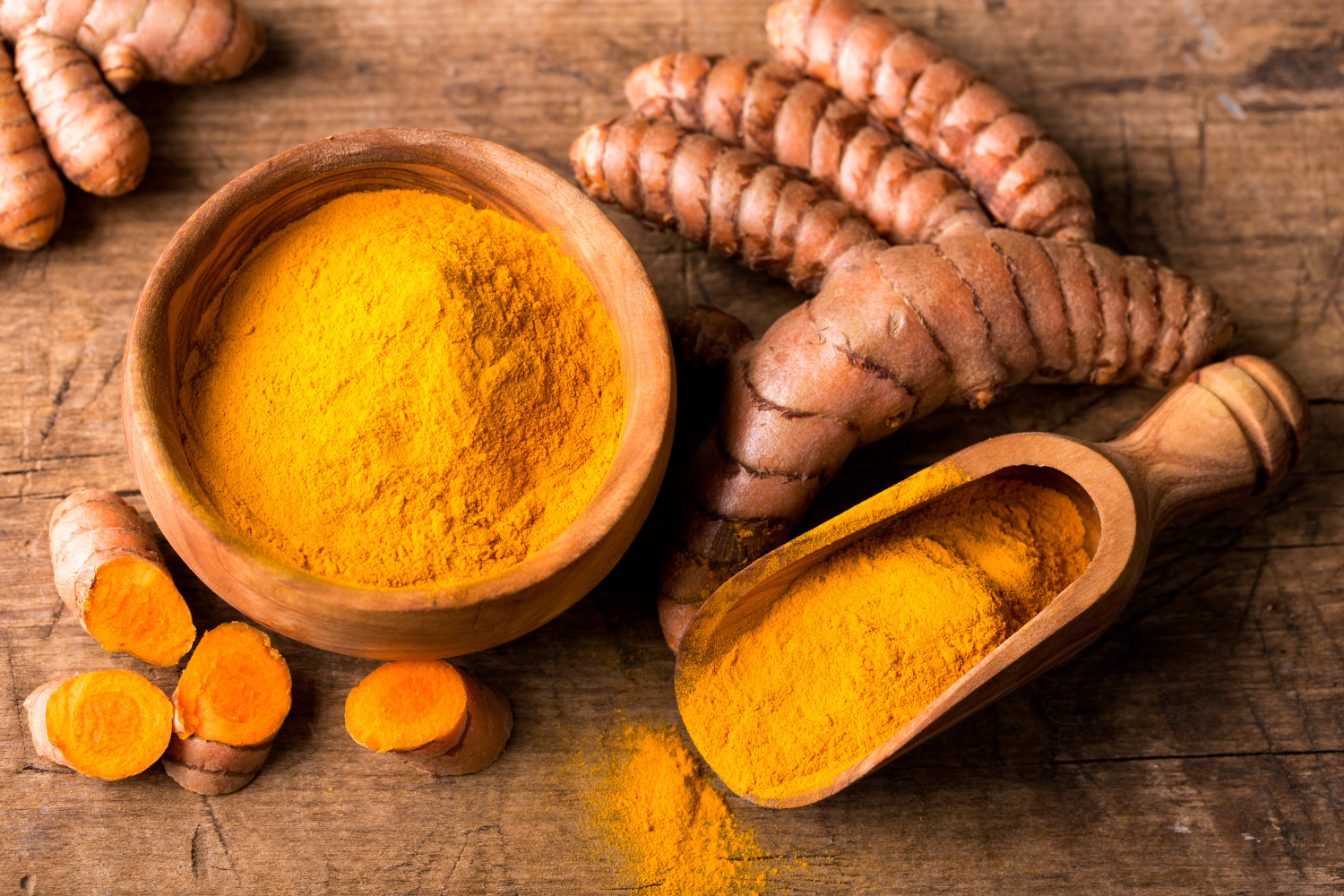Migraines are more than just severe headaches; they can be debilitating, often accompanied by symptoms like nausea, sensitivity to light and sound, and even vomiting. While there are various medications available to manage migraine symptoms, some people seek natural remedies to complement their treatment. Ginger, a versatile and well-known spice, has gained attention for its potential benefits in alleviating migraine symptoms. In this article, we'll explore how ginger can be a valuable addition to your migraine management toolkit.
Ginger, scientifically known as Zingiber officinale, has a long history of medicinal use. It is widely recognized for its anti-inflammatory and anti-nausea properties. These qualities are precisely what make ginger a promising option for migraine relief. Migraines are often associated with inflammation in the blood vessels of the head, and ginger's anti-inflammatory properties may help reduce the severity and duration of migraine attacks.
One way to incorporate ginger into your migraine management plan is through ginger tea. To make ginger tea, simply slice or grate fresh ginger root and steep it in hot water. You can also find pre-packaged ginger tea bags or ginger tea blends at your local grocery store. Sipping on ginger tea when you feel a migraine coming on or even as a preventative measure might help reduce the intensity of the headache.
Another way to benefit from ginger is by adding it to your diet. Fresh ginger can be added to a variety of dishes, both savory and sweet. It can be used in stir-fries, soups, and smoothies. Its versatile flavor can complement various cuisines, and the potential migraine-fighting benefits make it a healthy addition to your meals.
While ginger is generally considered safe for most people, it's essential to consult with a healthcare professional, especially if you're pregnant, have specific medical conditions, or are taking medications that might interact with ginger. Remember that natural remedies like ginger are not a one-size-fits-all solution. Migraines are complex, and what works for one person may not work for another.
In conclusion, ginger can be a valuable and natural addition to your arsenal against migraines. Its anti-inflammatory and anti-nausea properties make it a promising remedy to consider alongside your prescribed medications and other migraine management techniques. Whether you choose to sip ginger tea or incorporate it into your meals, remember that it's important to work with your healthcare provider to develop a comprehensive migraine management plan that best suits your individual needs and preferences. Ginger may just be the extra help you've been looking for on your journey to managing migraine symptoms.




Leave a comment
All comments are moderated before being published.
This site is protected by hCaptcha and the hCaptcha Privacy Policy and Terms of Service apply.